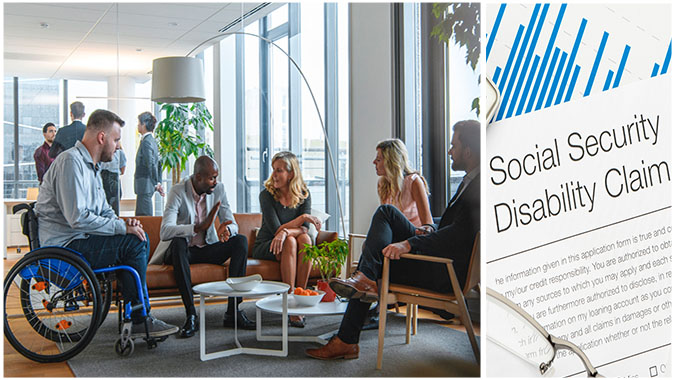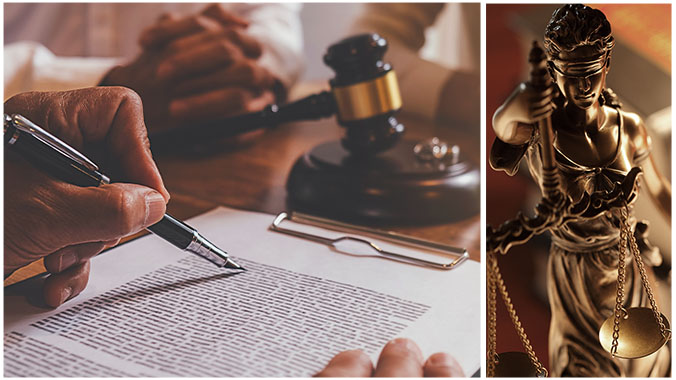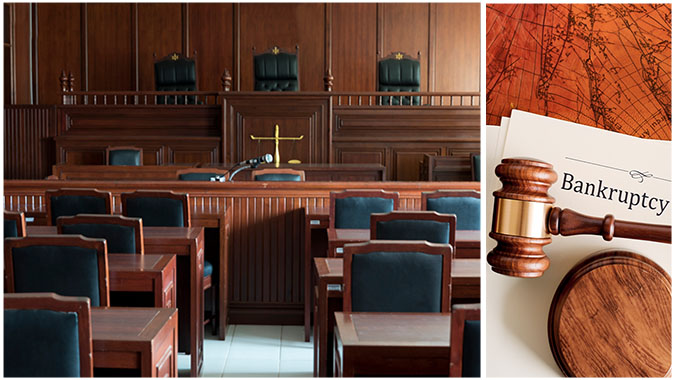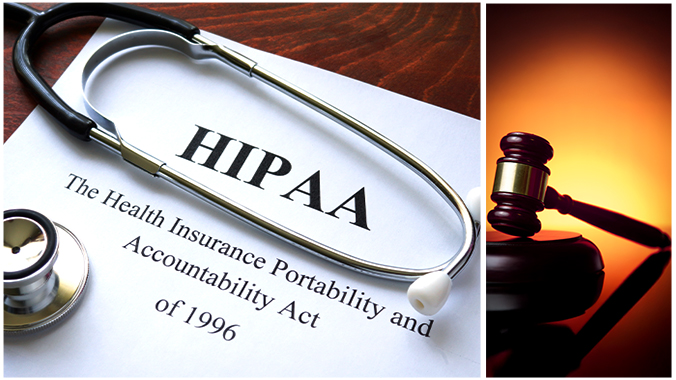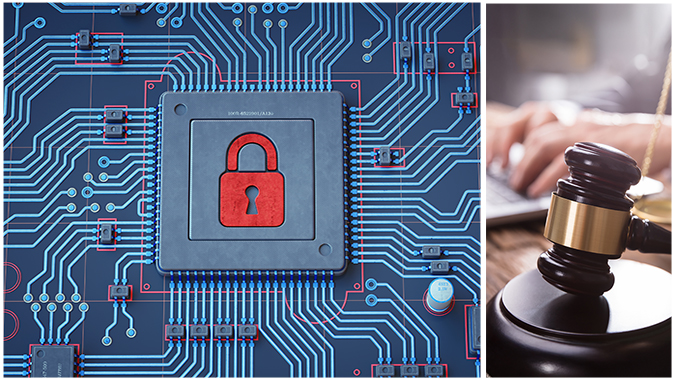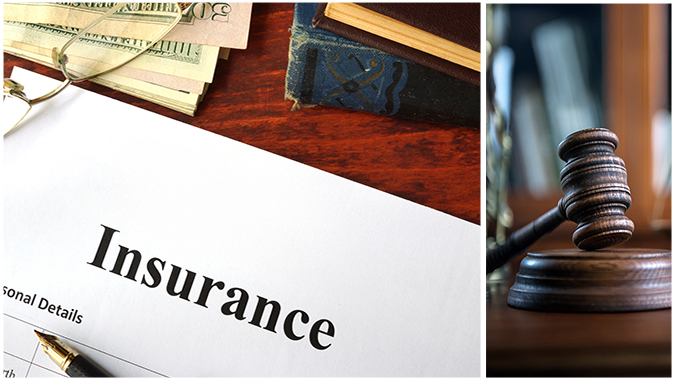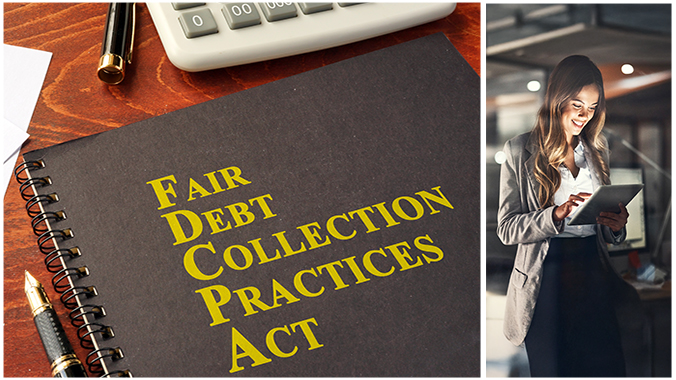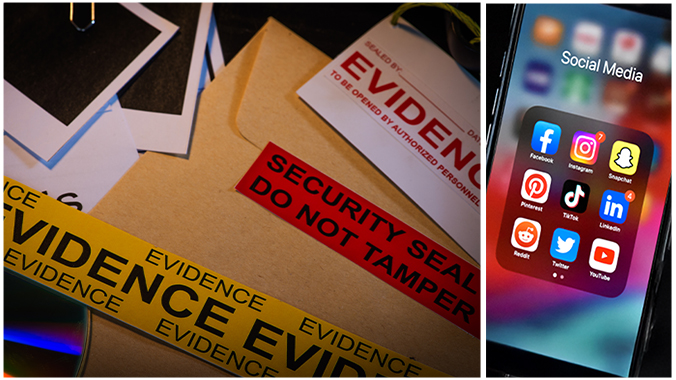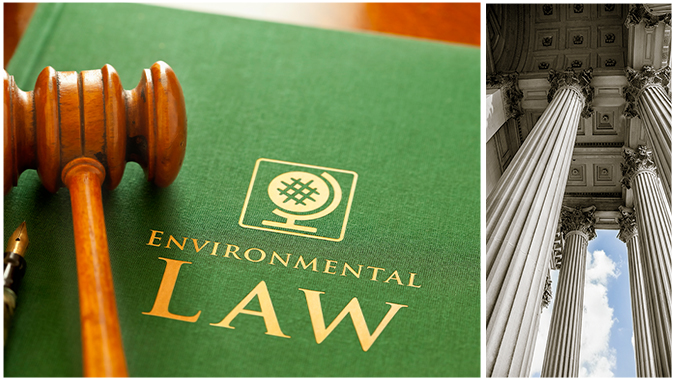Arbitration in 2024: Navigating SCOTUS Decisions, Waiver of Arbitration Rights, and Ethical Considerations

Louis Manetti counsels banks, lenders, and servicers on complex litigation and financial regulation matters.

Timothy G. Nelson represents clients in a variety of disputes involving crossborder and international law issues.
On-Demand: October 30, 2024
Subscribe to Federal Bar Association CLE Pass...
Co-Sponsored by myLawCLE
Get this course, plus over 1,000+ of live webinars.
Learn More
MCLE Credit Information:
Select Your State Below to View CLE Credit Information
Tuition: $245.00
Training 5 or more people?
Sign-up for a law firm subscription plan and each attorney in the firm receives free access to all CLE Programs
Program Summary
Session I – Pursuing Arbitration in Federal Cases in 2024: Navigating SCOTUS and Circuit Decisions – Louis Manetti
In 2024, the United States Supreme Court impacted the intersection between federal lawsuits and arbitration in two fundamental ways. This session will explore the effects of Smith v. Spizzirri, in which the Supreme Court held that under the Federal Arbitration Act, courts are not permitted to dismiss a federal lawsuit if it sends the case to arbitration. We will also discuss Coinbase, Inc. v. Suski. In that case, the Supreme Court provided guidance about the procedure for courts to follow when two conflicting contracts speak to whether a dispute should be resolved in court or in arbitration. Additionally, we will review the lower court decisions that have applied these cases. Finally, we will discuss recent decisions about waiver of arbitration rights, as well as standing in arbitration-related cases.
Key topics to be discussed:
- An analysis of the circumstances that will implicate these new decisions: A pending lawsuit in federal court in which a dispute arises, either because the case should be stayed or dismissed due to an operative agreement to arbitrate the dispute, or because a competing agreement delegates resolution of the dispute to a different entity
- A discussion of Smith v. Spizzirri
- A discussion of Coinbase, Inc. v. Suski
- Waiver of Arbitration Rights
- Standing and Broader Implications of FAA Interpretations
- Practical Considerations in Drafting Arbitration Clauses
Session II – Ethical Considerations in Arbitration in Light of Recent Federal Case Law – Timothy Nelson
This session will address the ethical challenges attorneys face when engaging in arbitration, in light of the current state of Circuit and Supreme Court case law concerning arbitration, including in light of the Eleventh Circuit’s 2023 decision in Grupo Unidos por el Canal, S.A., et al. v. Autoridad del Canal de Panama. We will explore the disclosure and transparency standards facing counsel and arbitrators, as well as the differences in such standards when comparing domestic and international arbitration – plus the potential differences in approach taken in different jurisdictions within the U.S. Practical examples facing a party that is selecting arbitrators, or selecting arbitral venues, will be discussed.
Key topics to be discussed:
- Arbitrator transparency, Conflicts of Interest rules and related issues in Arbitration
- Recent Case Law Dealing with Attempts to Vacate Awards Based on Insufficient Arbitrator disclosure (including the state of United States Supreme Court case law and recent certiorar petitions)
- Interplay between state arbitral law and federal arbitral law concerning arbitrator disclosure and counsel conduct
- Ethical Standards for Counsel in International Arbitration and Domestic Arbitration
This course is co-sponsored with myLawCLE.
![]() Closed-captioning available
Closed-captioning available
Speakers
 Louis J. Manetti, Jr. | Locke Lord
Louis J. Manetti, Jr. | Locke Lord
Louis Manetti is part of the Financial Services Litigation Practice Group. He counsels banks, lenders, and servicers on complex litigation and financial regulation matters. Louis has extensive experience with federal consumer protection statutes, such as the Real Estate Settlement Procedures Act (RESPA), Fair Credit Reporting Act (FCRA), Truth in Lending Act (TILA), Telephone Consumer Protection Act (TCPA) and Fair Debt Collection Practices Act (FDCPA).
He also litigates issues involving state statutes, such as the Illinois Biometric Information Privacy Act (BIPA) and Illinois Mortgage Foreclosure Law (IMFL) as well as state consumer fraud and deceptive business practices statutes. He defends class actions in this area of law. Additionally, Louis advises clients about new small business lending regulations, including the Final Rule that the CFPB issued under section 1071 of the Dodd-Frank Act. Louis is also a seasoned appellate advocate, having written several dozen appellate briefs, and having orally argued before the Illinois Supreme Court, U.S. Court of Appeals for the Seventh Circuit, and First, Second, Third, Fourth, and Fifth Districts of the Illinois Appellate Court.
 Timothy Nelson | Skadden
Timothy Nelson | Skadden
Timothy G. Nelson represents clients in a variety of disputes involving crossborder and international law issues, including arbitration before international bodies such as the American Arbitration Association/International Centre for Dispute Resolution (ICDR), the International Chamber of Commerce (ICC), Singapore International Arbitration Centre (SIAC), Hong Kong International Arbitration Centre (HKIAC), London Court of International Arbitration (LCIA), the International Centre for Settlement of Investment Disputes (ICSID) and tribunals constituted under the Arbitration Rules of the United Nations Commission of International Trade Law UNCITRAL), and the federal and state courts of the United States.
Mr. Nelson’s international litigation and arbitration experience includes disputes involving contracts, international trusts, partnerships (limited and general) and corporate law, as well as cases falling under the 1980 Vienna Convention on Contracts for the International Sale of Goods (CISG). Mr. Nelson has been involved in litigation arising under the U.S. Federal Arbitration Act (FAA), the Foreign Sovereign Immunities Act (FSIA), the Alien Tort Claims Act (ATCA), the Helms-Burton Act of 1996, Section 1782 (the cross-border discovery statute), the 1958 New York Convention on the Recognition and Enforcement of Foreign Arbitral Awards and the 1965 Hague Convention on Service of Process. Additionally, Mr. Nelson regularly advises sovereign and corporate clients on public international law issues, including under multilateral treaties, such as NAFTA; the Energy Charter Treaty (ECT) bilateral investment treaties (BITS); and other international trade/investment agreements.
He is co-editor of Take the Witness: Cross-Examination in International Arbitration (2d ed. 2018) and the Journal of Enforcement of Arbitration Awards.
Agenda
Session I – Pursuing Arbitration in Federal Cases in 2024: Navigating SCOTUS and Circuit Decisions | 1:00pm – 2:40pm
- An analysis of the circumstances that will implicate these new decisions: A pending lawsuit in federal court in which a dispute arises, either because the case should be stayed or dismissed due to an operative agreement to arbitrate the dispute, or because a competing agreement delegates resolution of the dispute to a different entity
- A discussion of Smith v. Spizzirri
- The common practice of dismissing federal cases if the court determines that the operative agreement between the parties forces them to resolve the dispute in arbitration
- How the Federal Arbitration Act directs the court procedure if a dispute should be resolved in arbitration
- How the Federal Arbitration Act directs the court procedure if a dispute should be resolved in arbitration
- A discussion of Coinbase, Inc. v. Suski
- Case law developments surrounding conflicting arbitration agreements
- Examination of Coinbase, Inc. v. Suski and how courts reconcile conflicting clauses
- Drafting strategies to mitigate conflicts and enhance enforceability in contracts
- Waiver of Arbitration Rights
- Circumstances under which waiver of arbitration rights occurs
- Avoiding waiver pitfalls based on recent rulings recent decisions
Break | 2:00pm – 2:10pm
- Standing and Broader Implications of FAA Interpretations
- New interpretations of standing in arbitration cases and their practical application
- Broader implications of recent FAA rulings, including long-term effects on arbitration law
- Case studies demonstrating how 2024 decisions are shaping arbitration’s future
- Practical Considerations in Drafting Arbitration Clauses
- Best practices for creating clear, enforceable arbitration agreements
Session II – Ethical Considerations in Arbitration in Light of Recent Federal Case Law | 2:40pm – 3:50pm
- Arbitrator transparency, Conflicts of Interest rules and related issues in Arbitration
- Recent Case Law Dealing with Attempts to Vacate Awards Based on Insufficient Arbitrator disclosure (including the state of United States Supreme Court case law and recent certiorari petitions)
Break | 3:10pm – 3:20pm
- Interplay between state arbitral law and federal arbitral law concerning arbitrator disclosure and counsel conduct
- Ethical Standards for Counsel in International Arbitration and Domestic Arbitration
More CLE Webinars
Trending CLE Webinars



















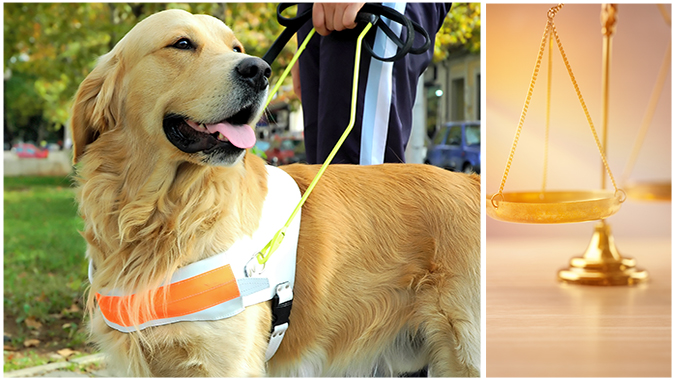



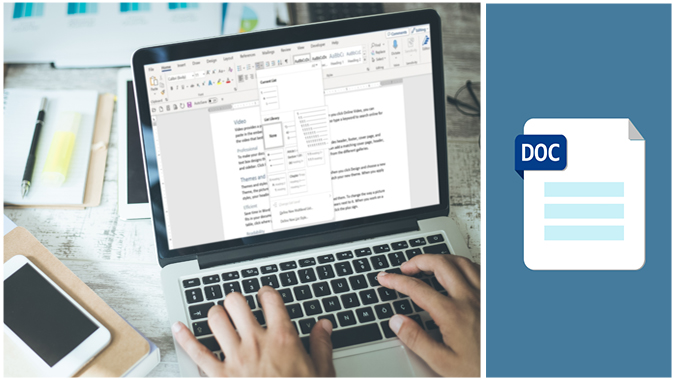



Upcoming CLE Webinars
![4th Annual Tax Rep Summit [4-Day Event]](https://federalbarcle.org/wp-content/uploads/2024/09/4th-Annual-Tax-Rep-Summit_myLawCLE.jpg)

